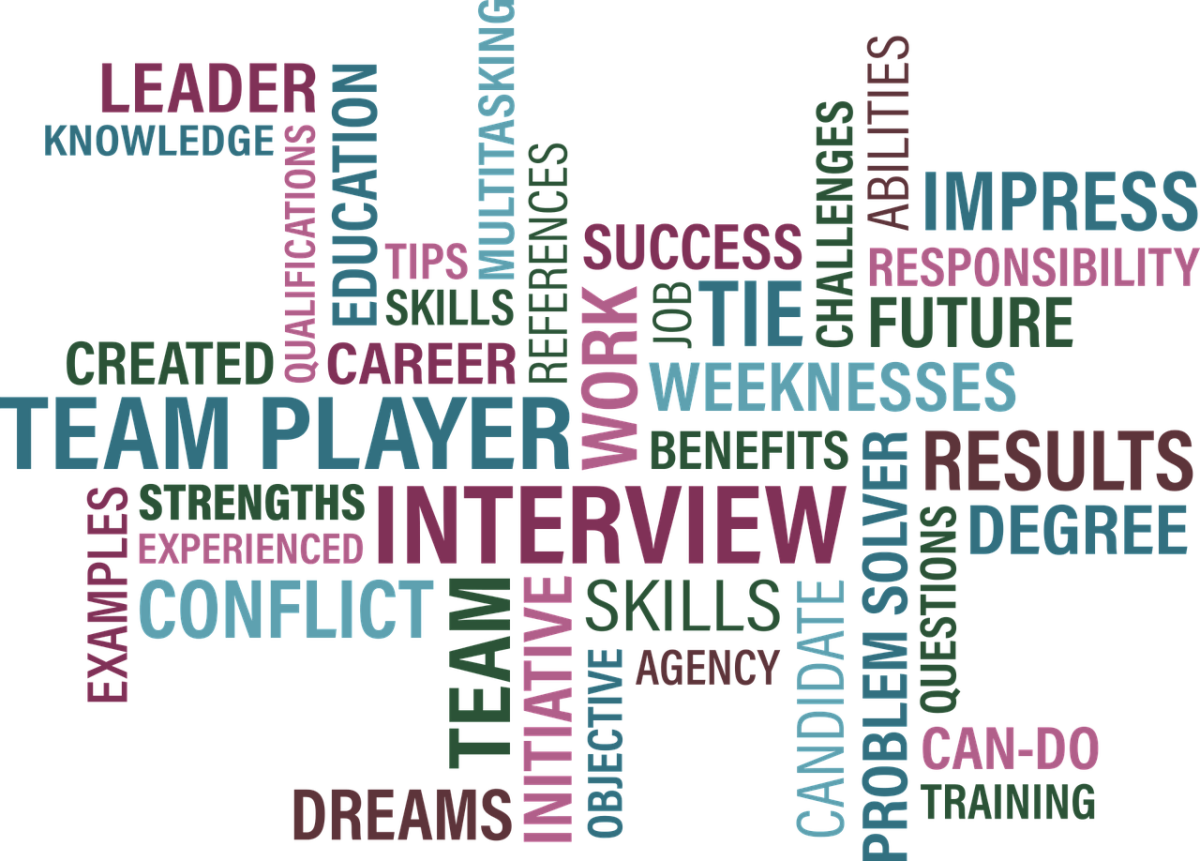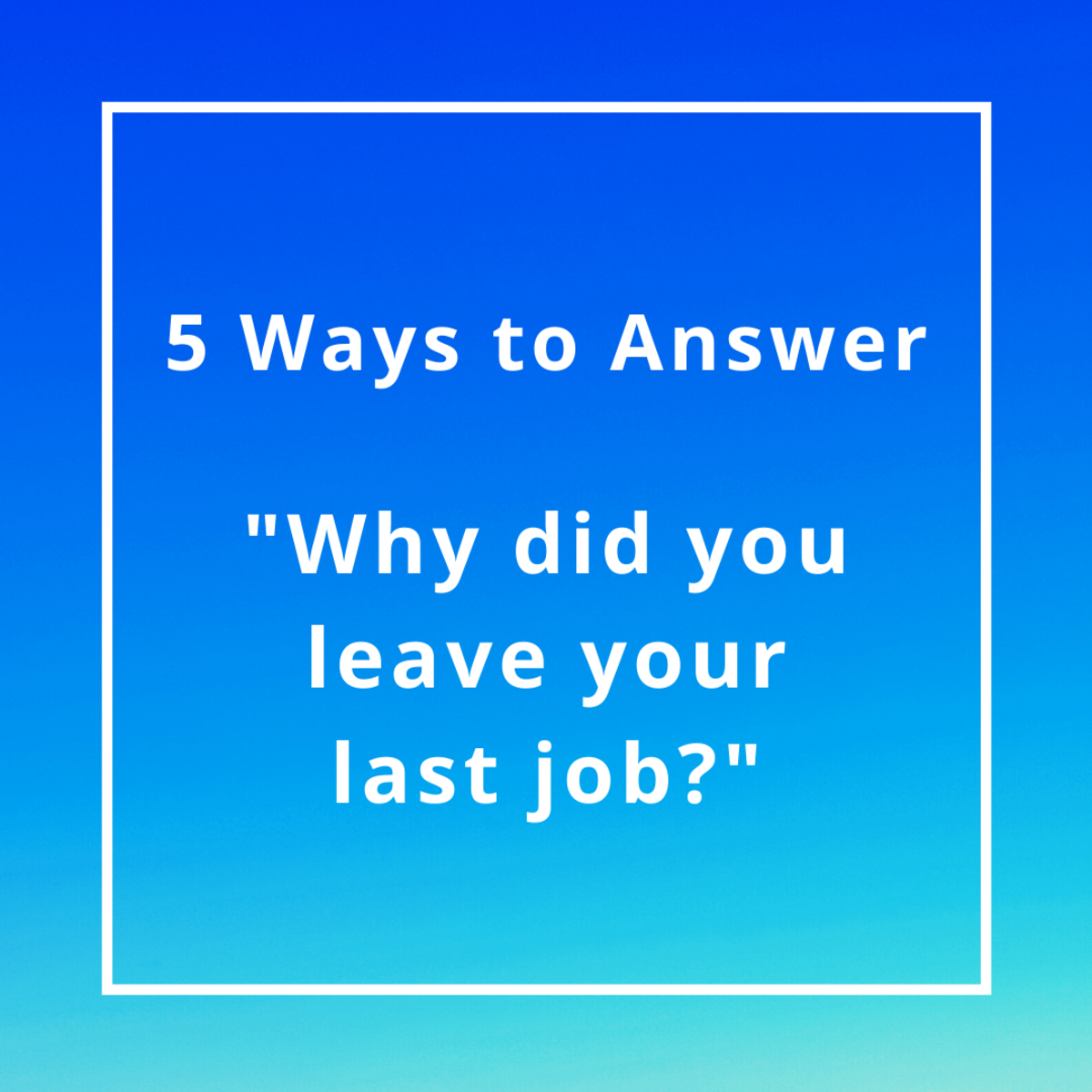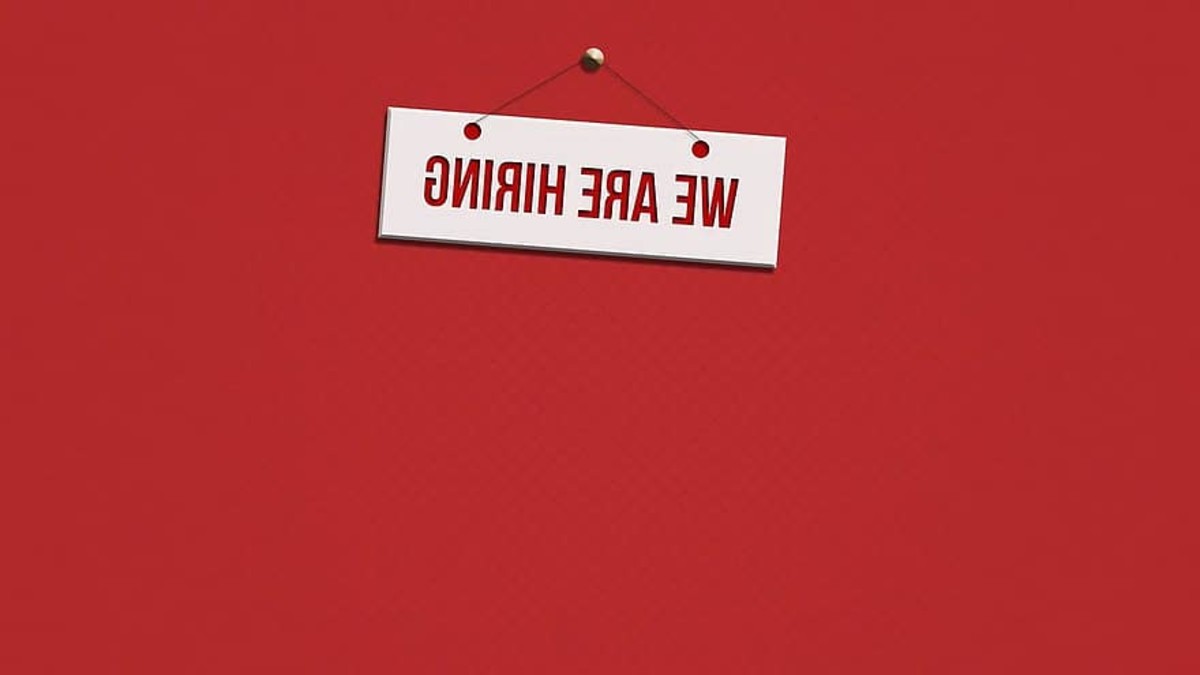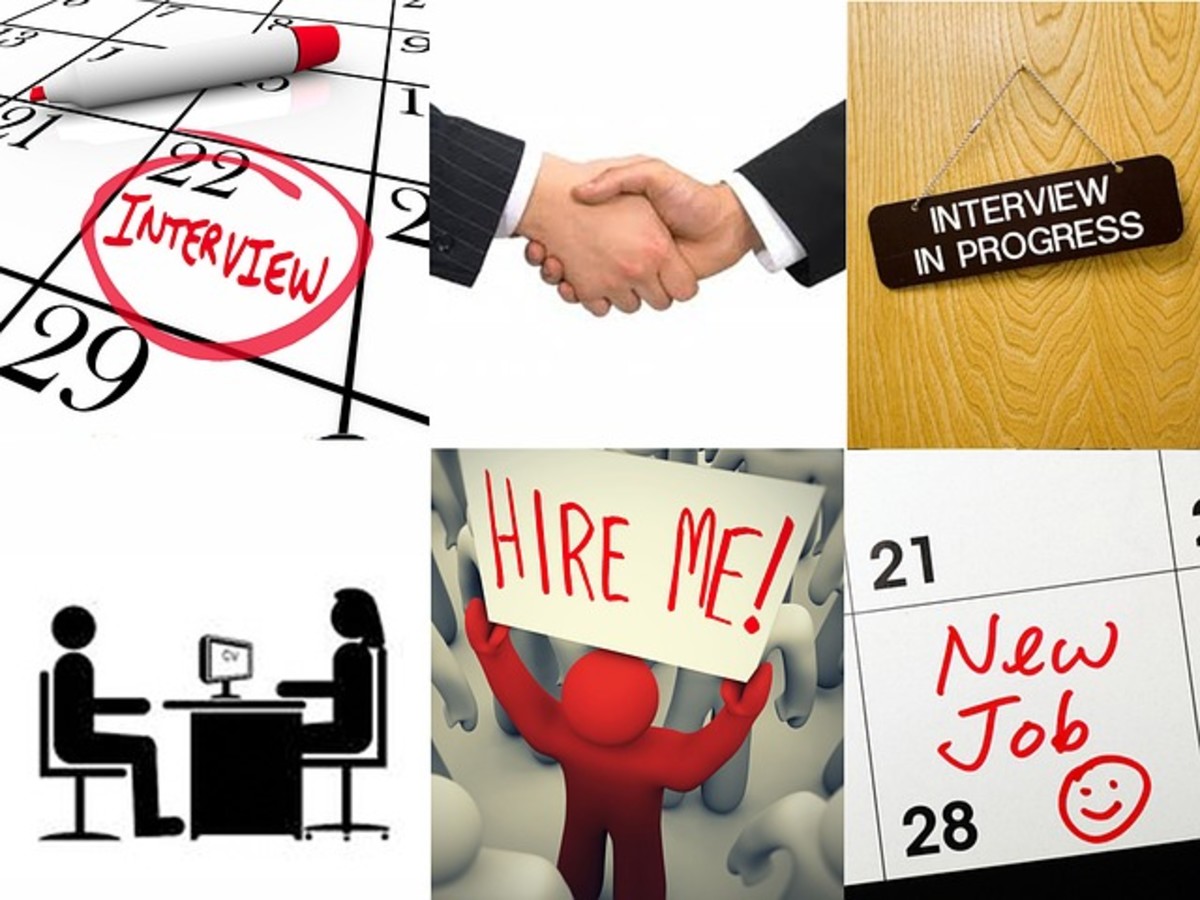Essential Phone Interview Tips
Would you like some phone interview tips? "But a phone
interview is not a "real" interview is it?" Hopefully you are enjoying the
job search. You might be staying with it a bit longer than you imagined if
that is your attitude about phone interviews. Employers these days are
so strapped for time and people to conduct interviews that the phone
interview is a prime way to ensure that only the best, most prepared
candidates wind up sitting across the desk from them in the face to
face interview. As someone hunting down employment, this is a simple
fact that needs to be understood to better help bring fruit to your
search. Ignore the phone interview, or worse, choke on the answers to
the questions, and you will end up at the bottom of the pile or in the
"circular file" with little to no chance at working for this company.
My
series of hubs on helping people with their job interview preparation
includes some frequently asked interview questions and their answers as
well as some tips for interview preparation, which should help with the
big day where you finally get to meet face to face with your
prospective employer and show them what you are made of. The phone
interview tips given here, though, are absolutely no less important.
As I mentioned in one of the previous articles, the preparation will
help you to rise above the crowd, so I consider these tidbits of advice
offered here to be no as essential as anything else I've told you.

Now, I'll tell you, I've conducted at least three phone interviews to every single face-to-face one, so I do have some background. One thing that is a little different now, though, is the intensity of these phone screenings. A simple screening is what I would do. I had a standard list of ten or fifteen questions that would be asked; most of them softball stuff, and I was only looking to exclude the folks who really wouldn't fit doing the type of job I was looking to fill. As for the hard questions, I prefer to see a candidate squirm in person because body language can tell us a lot. For the reasons mentioned above, employers these days do not have a lot of time or luxury to do this, so many candidates are being asked some really tough questions over the phone in addition to being required to expand on qualifications and work histories with the interviewer on the other end of the line. How are you supposed to prepare for a phone interview, then?
Phone Interview Tips to Prepare

Okay, so the phone rings, and on the other end is Ms.
Davis at Widget Company wanting to know if you have time for some
questions. If you don't, then be honest and schedule a specific time
for her to call you back. It might help if you ask how long to expect
it to take because it can range from ten minutes to over an hour if
they are planning to cull out all but the strongest candidates. It's
even better if you had some way of knowing to expect a phone interview
on the front end. If you know anyone who has interviewed with the
company you are trying out for, ask them what their process entailed.
Of course, most applicants are going in blind in terms of what to
expect, but often a prospective employer may give you an advance notice
of a possible phone interview in the event they plan on it being longer
and more thorough.
You should already have done the basic
preparation steps for interviewing really prior to submitting your
first application or resume. Take a look at my other hubs, especially
the job interview advice because much of it can apply over the phone as
well. Once you've reviewed some potential intrview questions, done
your homework on the company and any other background info you should
know about the industry or product or service, and taken time
practicing your responses in front of a mirror or with a friend or
family member, you are more than halfway prepared for any interview.
This, of course, includes those conducted by phone.
When the
scheduled time for the interview arrives you should make sure that you
are not going to be interrupted. You should be at home, or another
quiet, solitary location where you can focus sloely on the task at hand
which is trying your level best to show who you are and why the person
interviewing you would be a fool not to bring you in for a face-to-face
meeting about your future employment relationship. Never allow
yourself to take this call while grocery shopping or at the fast food
drive-through window. Sure, this is what we do as a regular part of
our lives, but, for pete's sake, it's an interview. Professionalism
carries the day in these situations, and that includes protecting the
one on one conversation you are having with your prospective employer.
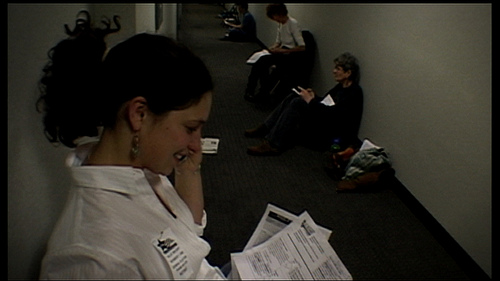
That brings me to another small point of mention. You
may have met or talked with someone in a hiring capacity at the
company. You may have even been successful in finding out who will be
your interviewer should you be invited to come in, but it's possible
that a HR person may conduct your phone interview. Bear in mind that
this person has every bit as much say, if not more, in whether you will
get a further chance. For this reason, treat any person who calls you
about a job as your potential boss. In my company, the nice people in
HR were in complete control of the process from start to finish, even
if we were the ones actually giving interviews. Their word was the
final one on the matter of a prospective candidate, so politeness and
professionalism with everyone you speak to is very important.
Make
it a point to have your resume, work experience, and any other
documentation in front of you when the time comes for your interview.
This is the only time you get an open book test during the process, so
you might as well take advantage of it. Just make sure that your
speech sounds natural. You don't want to sound as though you are
reading off of something because that might hurt your chances.
Ideally, everything on paper is committed to memory. Having it in
front of you just ensures that you do not falter and can pick up the
thread easily should you need to.
During the actual phone
interview, you will more than likely be doing a major part of the
talking. It is helpful for most people to be standing when on the
phone. This allows your lungs are fully open and receiving all of the
oxygen possible, which should have a positive effect on your speech and
tone. Also, you will not get too relaxed and miss something, as it can
be easy to do so without the visual cues present in a face-to-face
meeting. If you like, standing in front of a mirror may help you to
adjust yourself to the interview. It may seem weird, this
preoccupation of mine with interviewing and mirrors, but I've found it
to be an extremely successful tactic for shy or reserved people to gain
some confidence when speaking.

The same advice I gave in my other hub regarding not
using slang, and no smoking or gum chewing apply here. These last two
things are actually fairly detectable over the phone. The exchange of
pleasantries also should not hurt you. In other words, thank the
speaker for taking the time to chat with you, and use their name at the
conclusion of the interview to again thank them for their time.
In
the event that you are given a chance to ask questions, remember my
advice to refrain from discussing salary or benefit topics unless
brought up by the interviewer. It is never good to ask bluntly how
much the job pays. If you've done proper research on the company and
the position you are applying for, then you should have been able to
come up with a close ballpark figure on your own. I do advise asking
what the rest of the process looks like before you hang up. You want
to get a sense of, "where do we go from here?" The interviewer might
inform you that they usually conduct the phone interview and then two
in-person meetings. You may want to know when you can expect to hear
back, so that is also a valid question. Most larger employers will
notify all candidates even if they are no longer being considered for a
position, although, it may be via mail.
I hope that you've found these phone interview tips helpful, and as always; good luck with your job search!




